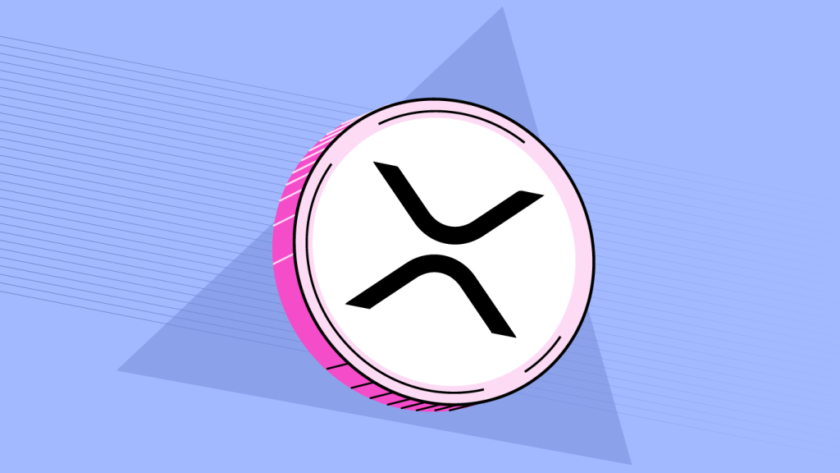Wall Street Journal Finds Whitepaper Fraud Among 16 Percent of Crypto Projects. So What?
December 29, 2018 by Paul de Havilland
The Wall Street Journal has reported that 16 percent of cryptocurrency projects engaged in whitepaper fraud. In a December 27th article, the storied news outlet has reported findings likely to surprise nobody… least of all itself.
Also read: ConsenSys to Shrink With Ether Price, Lubin Remains Upbeat
Subscribe to the Bitsonline YouTube channel for great videos featuring industry insiders & experts
Whitepaper Fraud a Concern, But No Surprise
Whitepaper fraud is practically synonymous with cryptocurrency projects, especially ICOs. The Wall Street Journal found that among the more than 3,300 whitepapers they investigated, some 513 engaged in one or more forms of fraud.
Plagiarism, identity theft, and the promise of improbable returns were identified as common fraudulent practices in crypto whitepapers, discovered in around 16 percent of the sample examined.
Can’t Get No Satis-faction
The Satis Group famously found 81 percent of ICOs to be scams. The research organization’s breakdown of ICO projects claimed:
“… we found that approximately 81% of ICO’s were Scams, ~6% Failed, ~5% had Gone Dead, and ~8% went on to trade on a exchange.”
The recent Wall Street Journal story is no news even to the outlet itself. In a May 17th story, it revealed similar findings among a smaller sample of ICO projects. Having analyzed 1,450 projects, it found a 19 percent strike rate of fraudulent elements: 124 projects had either no or fake team members; 111 appeared to have plagiarized other papers; 48 had no website; and 25 offered guaranteed returns.
Can Fraud Sometimes Simply Mean Ambition and Haste?
Not all allegedly fraudulent whitepapers result in failed or scam projects. Famously, the TRON Foundation’s whitepaper is suspected of plagiarism. Vitalik Buterin tweeted a cheeky 8th goal for the TRON team, tacked on to the seven listed by Justin Sun, the project’s founder:
8. Better white paper writing capability (Ctrl+C + Ctrl+V much higher efficiency than keyboard typing new content)
— Vitalik Non-giver of Ether (@VitalikButerin) April 6, 2018
The TRON project is one of the strongest in the crypto ecosystem, with countless projects etching out innovative payment services, even if their claims continue to front run their achievements. (Tall Poppy Syndrome does not apply here as the project is not yet sufficiently tall.)
This is not to defend plagiarism or any other form of fraud. But it does speak to an industry-wide tendency to get ahead of itself. Even Bakkt has suffered a number of delays. This is the nature of a young and ambitious industry, rather than a pattern that speaks to a culture that approves of fraud.
Tolerance For Fraud Fading
The tolerance for the less appealing aspects of the cryptocurrency industry, such as whitepaper fraud, inadequate exchange security, or blatant theft is fading. Investx announced in October an intention to pursue a Holochain style “ethical ICO” model. Enforcement actions and lawsuits continue.
The Wall Street Journal has not shed light on anything most people weren’t already aware of and has achieved little in terms of advancing the industry.
Sound off below. Do you believe the Wall Street Journal’s reporting serves any purpose?
Images via Pixabay





